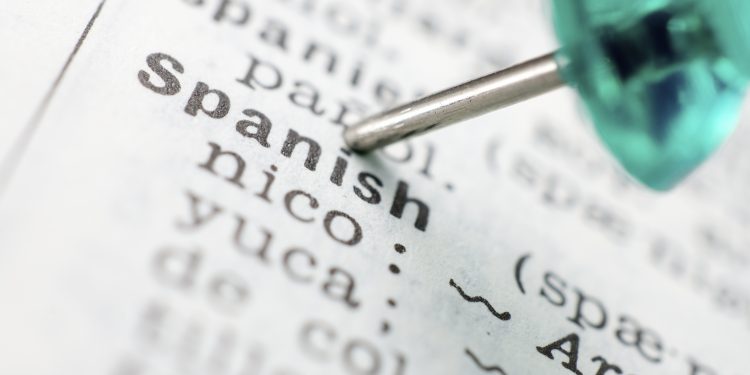“There is” or “there are” in Spanish is expressed with the simple word hay. Derived from the verb haber —nominally, “to have”— hay can be applied without modification to singular and plural, masculine or feminine.
- Hay lugar para tres personas.
There is room for three people. - Hay tres personas en el elevador.
There are three people in the elevator.
Dealing with tenses
Where hay is restricted is in time, applying only to the present tense. To express “there was/were,” “there will be,” “there would be” or “there has been,” the verb haber has to be conjugated:
- Habrá tiempo para jugar después del trabajo.
There will be time to play after work; - Había una vez un príncipe apuesto.
Once upon a time there was a handsome prince; - Ha habido mucho tráfico hoy en la ciudad.
There has been a lot of traffic today in the city; - and the famous Si hubiera parque no estaría Usted aquí.
If there were ammunition, you wouldn’t be here (spoken by Gen. Anaya to U.S. Gen. Scott after the heroic defense of Churubusco in the Mexican-American war).
Plurals in conjugations
Where usage varies —and arguments can start if anyone is interested enough— is when the plural is involved in the conjugation:
- There was room for three people, is
había (or hubo) lugar para tres personas; - but, there were three people in the elevator can be expressed in two ways:
Había (hubo) tres personas en el elevador, or habían (hubieron) tres personas en el elevador. - There have been two world wars can be,
ha habido dos guerras mundiales, or han habido dos guerras mundiales.
The question is whether the verb applies directly to the people, or wars (then plural), or to the concept of there being (in which case, singular).
This writer’s preference is for the latter, on the grounds that it is simpler and more elegant —just like the word hay— but so many native speakers and writers use the plural in such instances that it’s difficult to say that one or the other is the correct form.
Use of ‘should’ and ‘ought to’
When the verb haber is used to mean “should,” or “ought to,” then the plural form must be used for plural subjects:
- El doctor habrá de venir mañana.
The doctor should (or ought to) come tomorrow; - Han de ser camiones que hacen ese ruido.
It must be trucks making that noise.
In these cases the verb haber has nothing to do with “there are” or hay, although it may explain why so many people use the plural form when it does, since it is the same verb that is being conjugated.
Lastly, a translation tip
If someone asks a shopkeeper: ¿habrá leche? it doesn’t mean “will there be milk?” but rather, “do you (happen to) have any milk?”
For tortillas, it would have to be either ¿habrá tortillas? or ¿habrán tortillas?
The choice is yours.
Mexico in your inbox
Our free newsletter about Mexico brings you a monthly round-up of recently published stories and opportunities, as well as gems from our archives.



